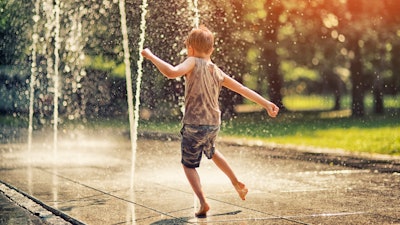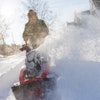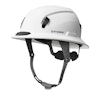
In the temperate zones of the world, other respiratory pathogens, and even other coronaviruses, lose their power as temperatures and humidity rise. But Wired.com reports that for the coronavirus fueling this pandemic, that remains only a hope. The research showing whether it possesses what virologists call “seasonality” is early, and much of it is contradictory. There is no clear proof yet that summer might save us.
The virus behind Covid-19 is perplexing in so many ways, from the people it attacks to the range of illness it causes to its wild array of symptoms. Unlike its cousin, the original SARS virus, it seems perfectly happy to spread in tropical climates. And new research, also reviewed by the National Academies committee and subsequently published as a preprint, shows it may be extremely sturdy even in conditions that would daunt other viruses.
“My best guess is that we will probably see a drop in new cases, but I don't think that we'll see a total diminishment,” says Robert Bednarczyk, an epidemiologist and assistant professor at Emory University’s Rollins School of Public Health. “And in the fall, it probably will start coming back. I think at least for this upcoming year, we probably won't see that sharp seasonality that we normally do, until it's had some time to circulate to the population for a little bit longer.”
(read Wired.com’s compilation of research on weather impact on the coronavirus . . . )



















